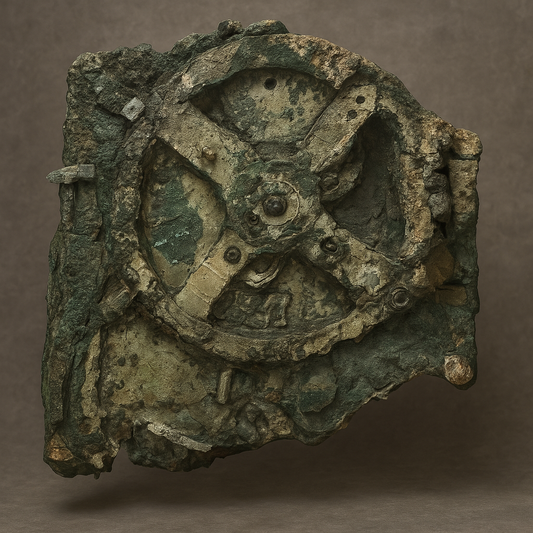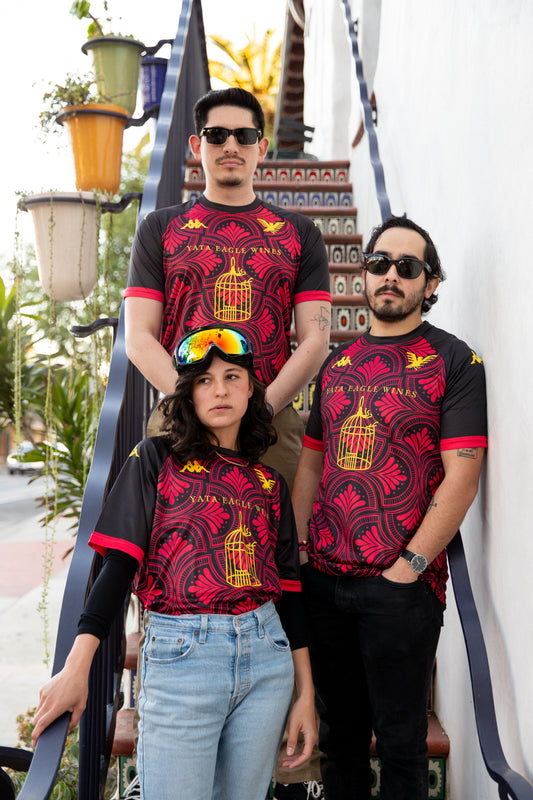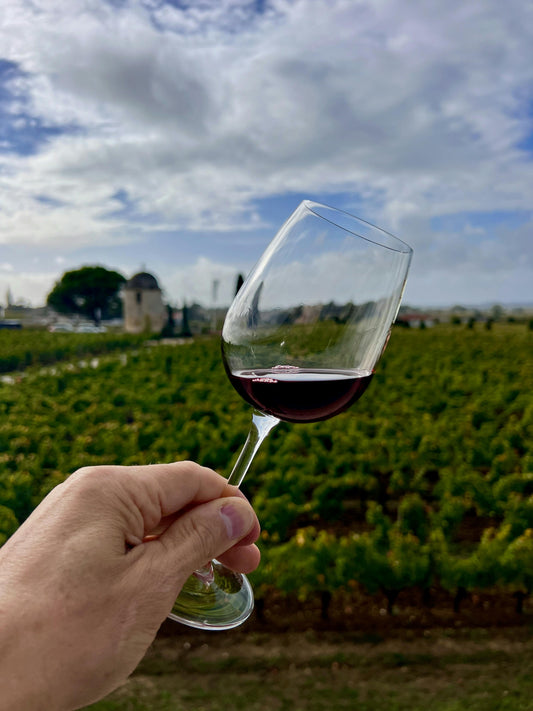There are moments when a glass of wine is used as a measure of a time unit. To wait until one glass is finished and then the task of decided action is taken. This can be anything like:
- After I finish this glass of wine, then my girlfriend will probably arrive.
- After he finishes this glass of wine, then I can pour him another and continue our conversation about the depreciation of trigonometry.
- After my mom finishes her glass of wine, perhaps I can talk to her about me needing some help for a down payment.
Wine has always had a relationship with time, much like other things in our life: architecture, food, love, and history.
There are two aspects of wine and time, one being the seasonality and the other being the passage of wine through time.
Seasonality
Spring, Summer, Fall, and Winter. Wine begins as a grape. Grape fruit begins as a tissue within a grape vine. In the spring, the buds break after a dormant season during the cold and wet winter. Vineyard workers, mostly Hispanic and Latinos, in our region, begin to find jobs in vineyards to flick off any extra shoots that come out (extra shoots mean less energy directed to grapes and create too dense of vegetation and fruit layer that promotes humidity and fungal growth). In the winery, there is less to do but make sure the wines from the previous vintage is taken care of.
Summer is when the grapevines have already produced the flowers, then the fruits necessary for wine making. Vineyard workers are now arranging the shoots and leaves so that the grapes have the appropriate amount of sunlight to ripen. In the winery, the crew is prepping all the equipment and barrels to get ready to receive fruit.
Fall is a busy time for everyone involved. The fruits are ready to pick and the winery must process them so that they can sit in the tanks, ready for fermentation. A busy time for all involved with long hours involved.
Winter is generally a time to take a breather. Vineyard workers have had some rest after all the fruit has been picked off but they need to apply soil amendments then start pruning in late winter. The winery side now should have all the wines in their aging vessels such as barrels.
There is also a seasonality to the repetition of history in the general wine industry. Natural wine, concrete eggs for aging, submerged cap, etc. (link here for previous essay about repetition about history). Trends repeat, much like our human need to find familiarity in wine in different seasons of history. Wine purchase has gone down, will seasonality/history ensures that it goes up again (link here)?
Passage of wine/time
A glass of wine is a unit of time. A bottle of wine is that too. We age certain wines so that its texture and aroma will improve. Can you wait 5 years, 10 years, 20 years for a bottle of wine to age?
Can you wait
5 years, 10 years, 20 years
to build the necessary foundation for a revolution?
It is one of the great possibilities about wine that allows it to age: you have high acid and enough alcohol percentage that doesn’t allow many microbes to proliferate during aging. You also have tannin that acts as antioxidants, letting it take longer for the wine to react to oxygen that comes in through the corks.
But what if you wait 5 years to try the wine. This would be a good experience to compare what the wine would taste when you got it and compare it to 5 years in the future.
But what if you wait 10 years and then try it. Won’t your taste palate change then too? You, as a person, have changed then too, most likely. Your friend group has changed. Your appreciation and priorities have changed. Your view about politics might have changed too. You could argue that your appreciation for wine has not moved a dial. But mate, the whole face of the clock has changed.
This is why I would like to reconsider how critics judge art, music, film, and wine. Though I thoroughly appreciate how they appraise or define the quality, I believe they can only do so in the context of when they’ve done so (link to an episode about music criticism).
You can only judge a political move in the context of its culture, demographic, material conditions, and global state so the same must be done for wine too. It can be argued that a bad wine can’t get much better even with age and I respect. However it can get better. Some wines can get worse too. Even the preference of the critics and the relationship of the respect between the public and critics can change too.
Perhaps the bottle of wine that you’ve aged in 15 years would have changed too. Maybe the winery has since closed or that food and wine has now become a common free commodity (link to essay).
Even with the promise of change, this isn’t to say that we shouldn’t save bottles or save that glass of wine. This is about wine being a measure of time, that wine is time itself. This is about hope of what new changes that can come and that the wine will embrace you with your new image and the new world which is the canvas upon which you are painted on.
Film Recommendations
On that note, here are some film recommendations that can help pass the time for you all. These are films that I think deal with time.
- Stalker (1979) by Andrei Tarkovsky. An expedition into the wasteland where time influences the trust of the group towards the unknown.
- Her (2013) by Spike Jonze. A film about how time can be not right between two people for a relationship or that time was just right for them to experience the best they could but people change with time and that time can pull them apart too, just as it had put them together.
- Oslo, August 31st (2011) by Joachim Trier. A film about a recovering drug addict who takes advantage of time to do the best he can. But he finds his own time not moving along with the world’s time.
- Victoria (2015) by Sebastian Schipper. One single take for the whole movie. It starts at 4:30am and ends around 7am. Can you be with the same time as them?
- Yi Yi (2000) by Edward Yang. What more can I say about this movie and time other than “I am old too”.




